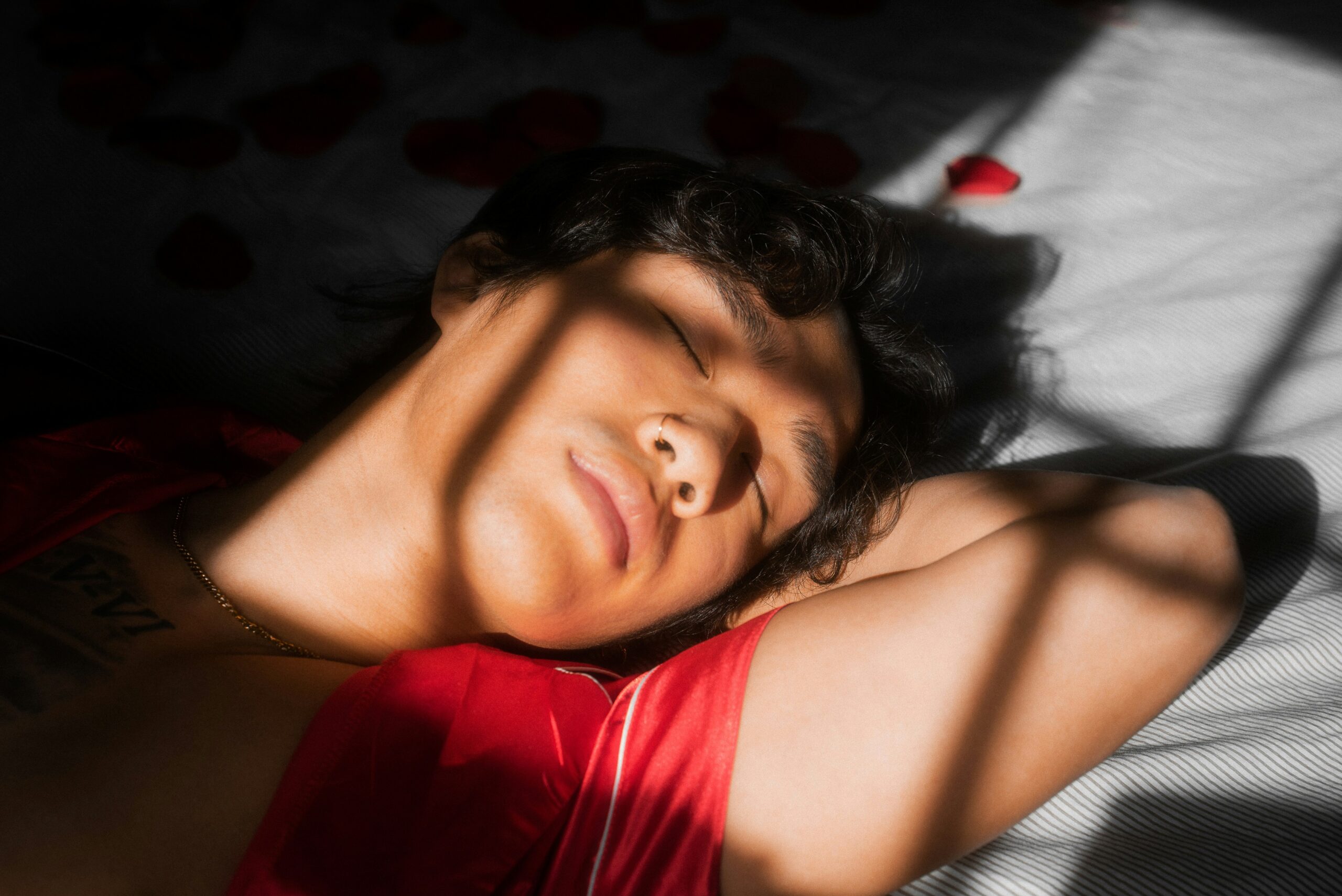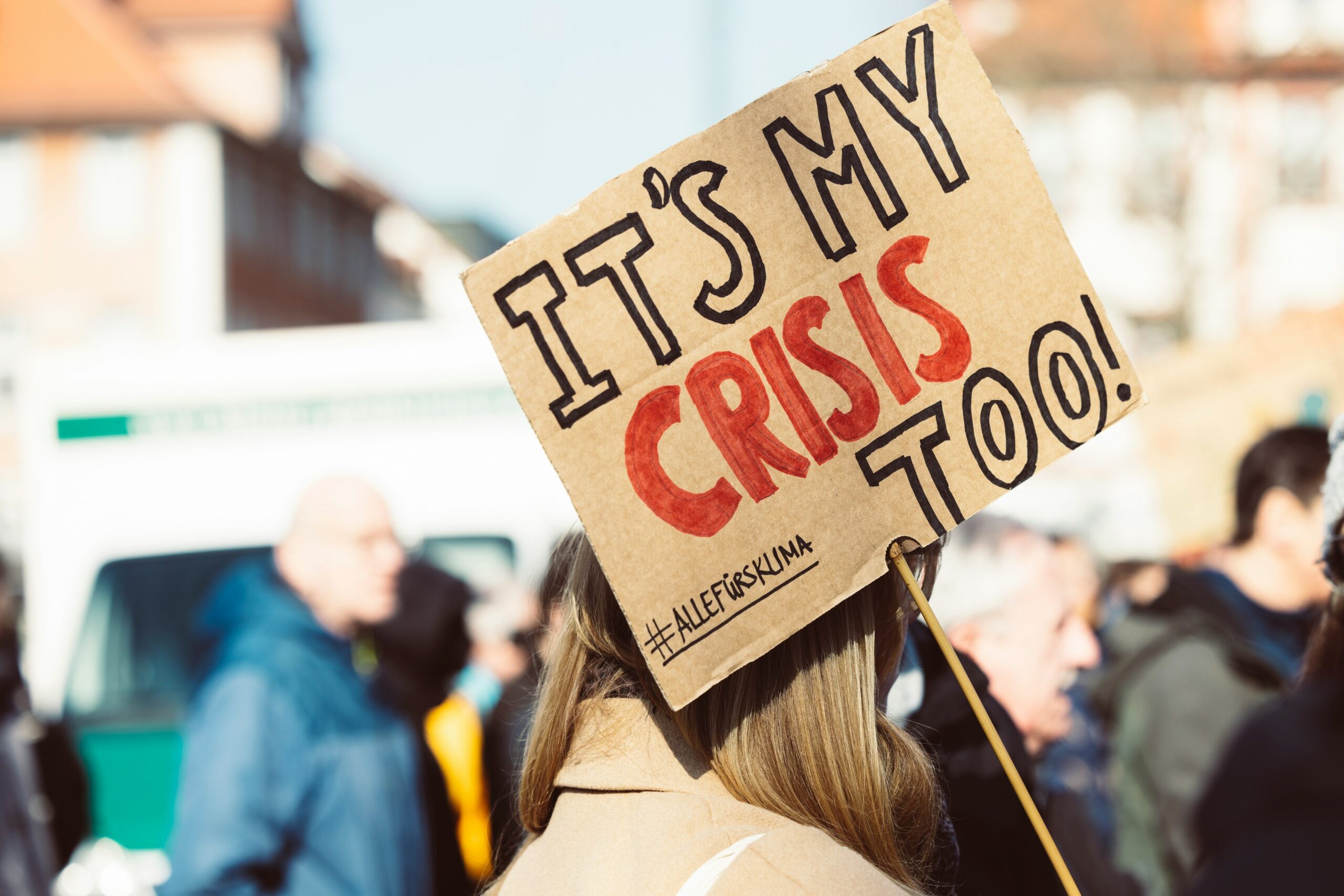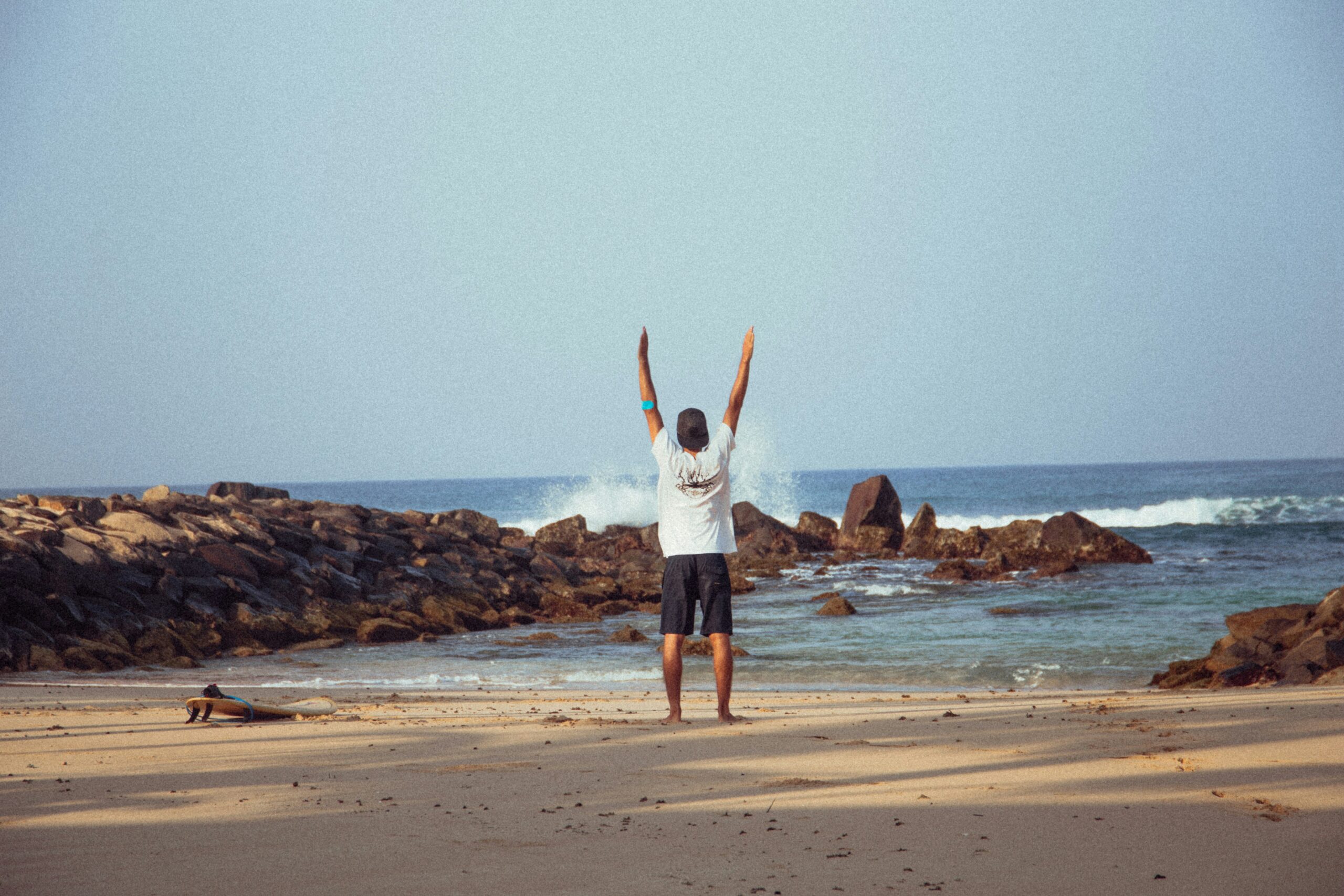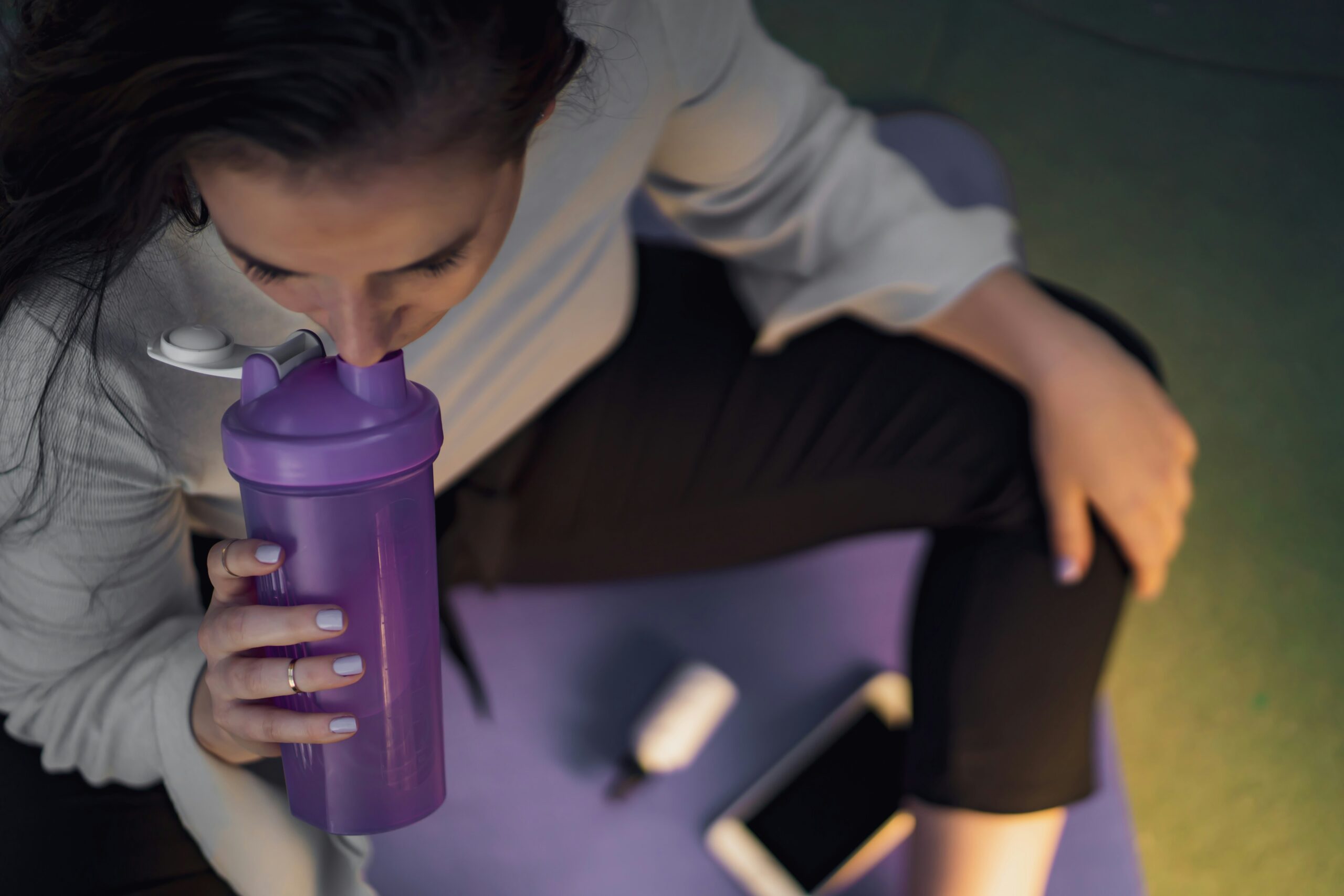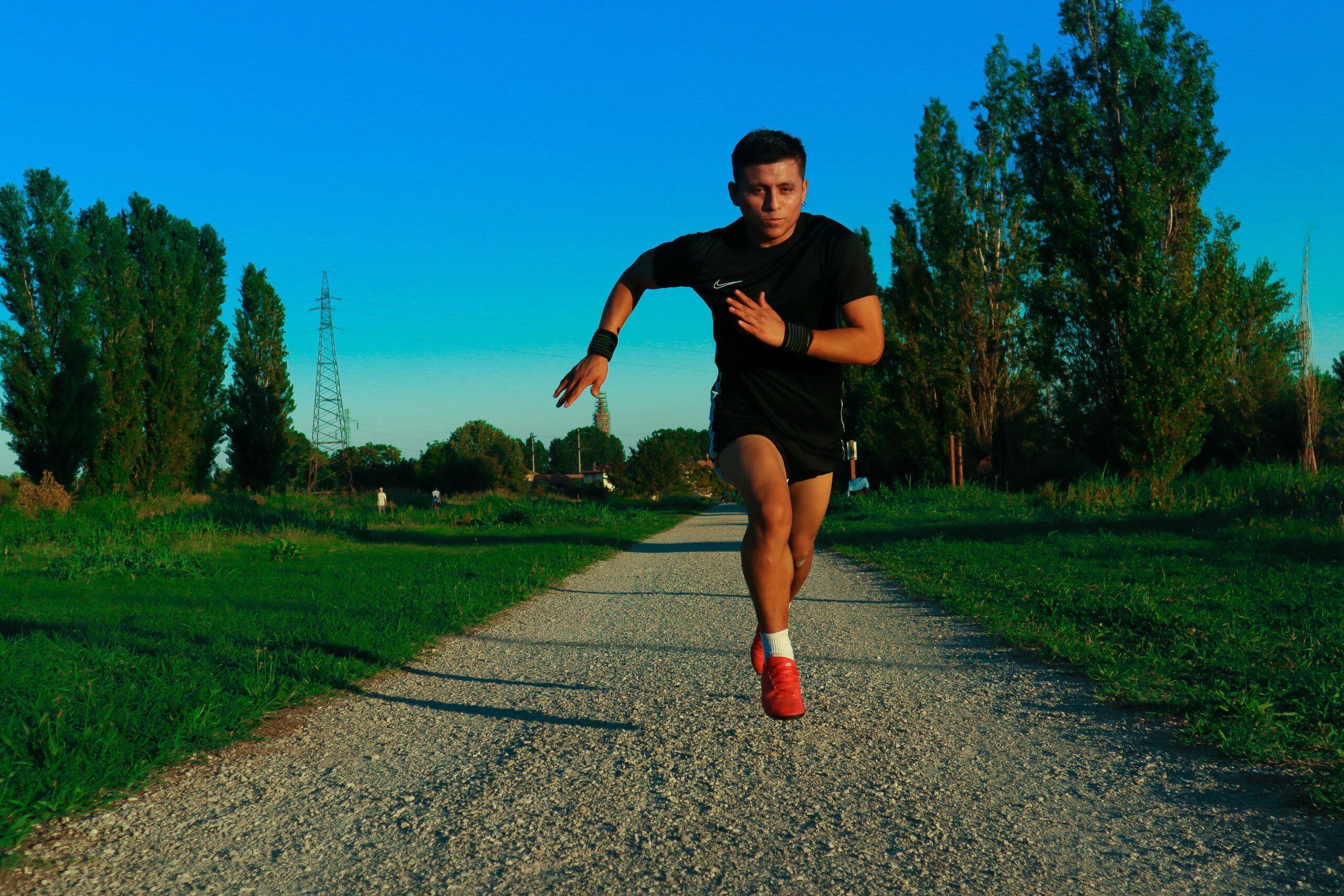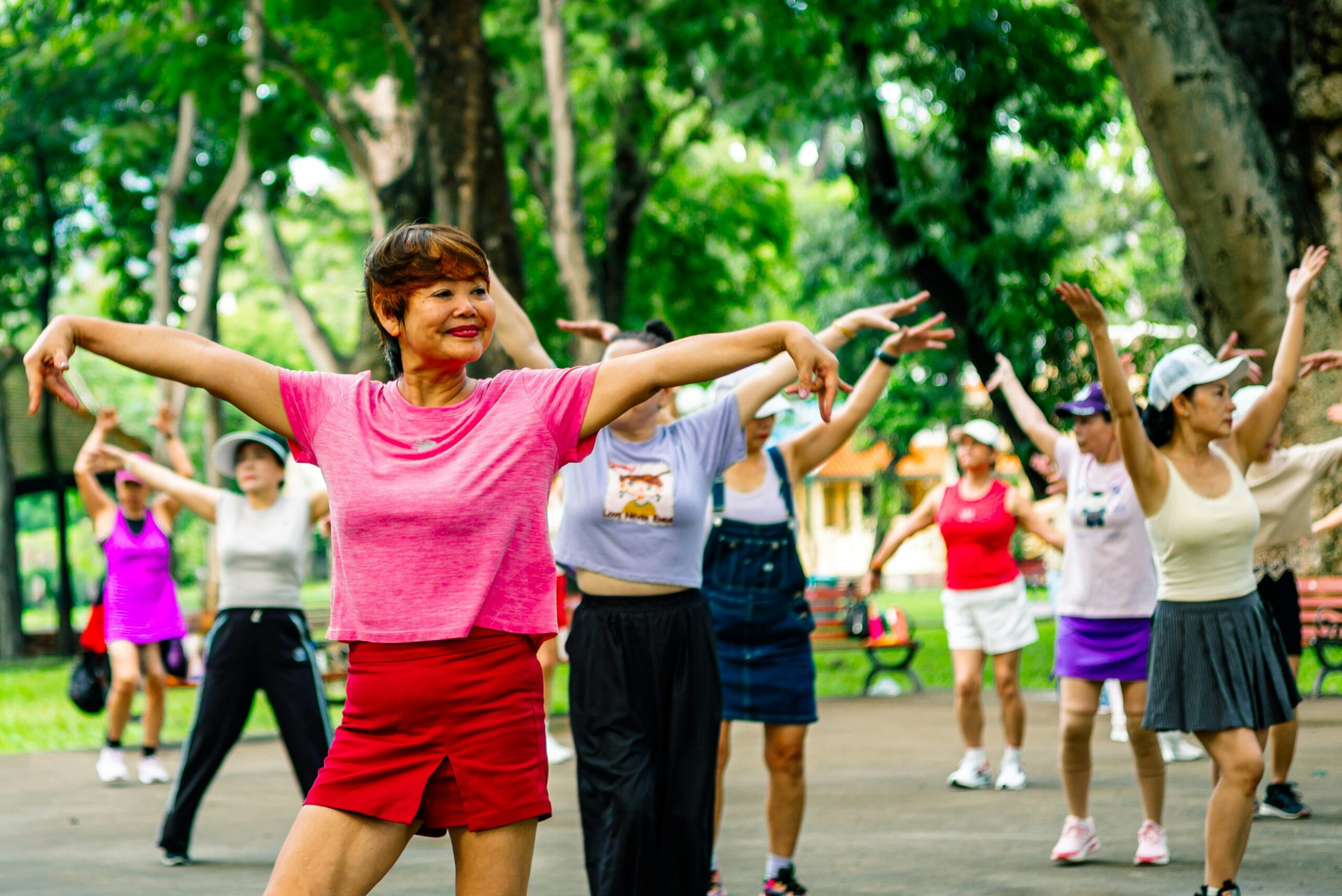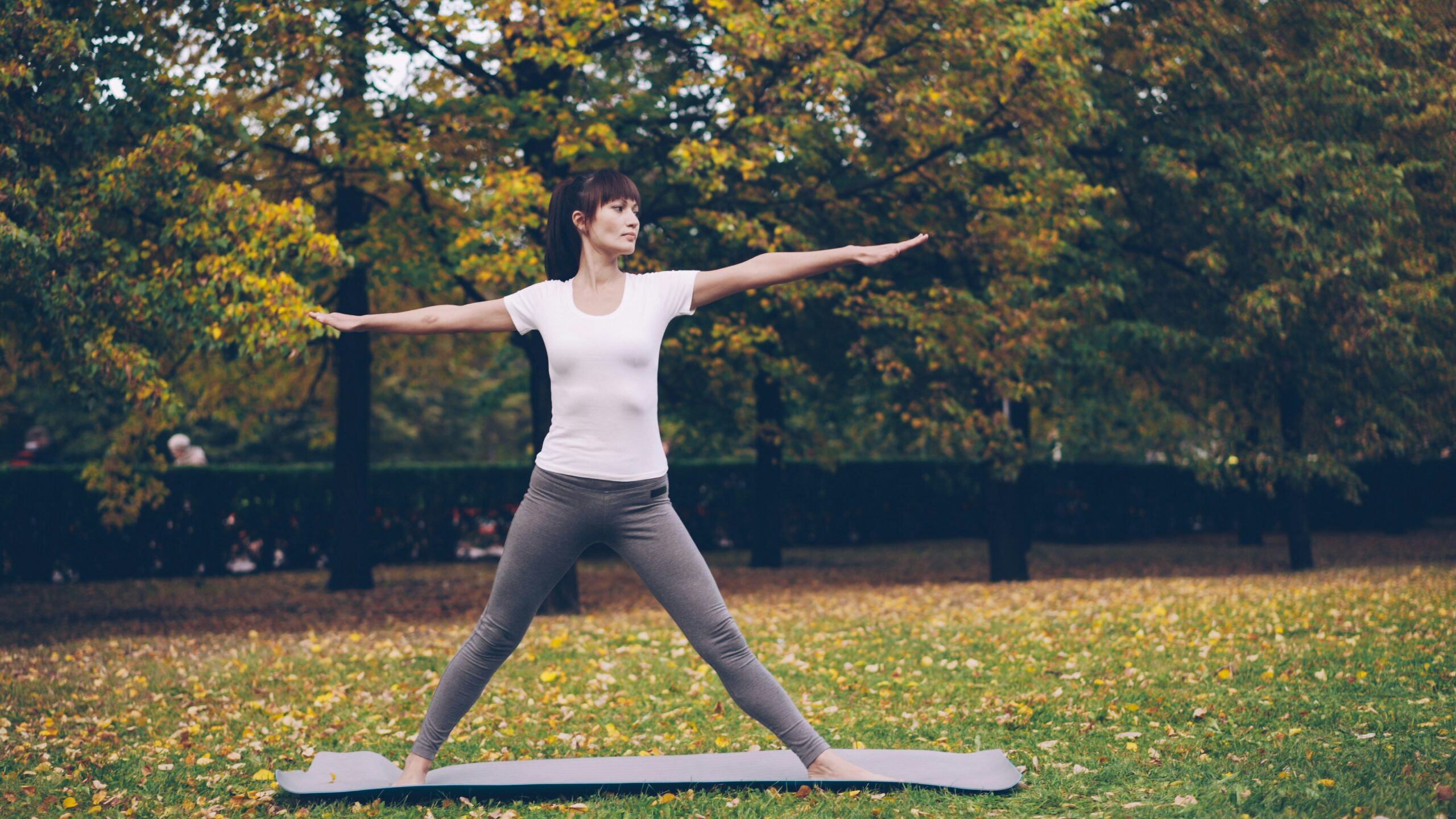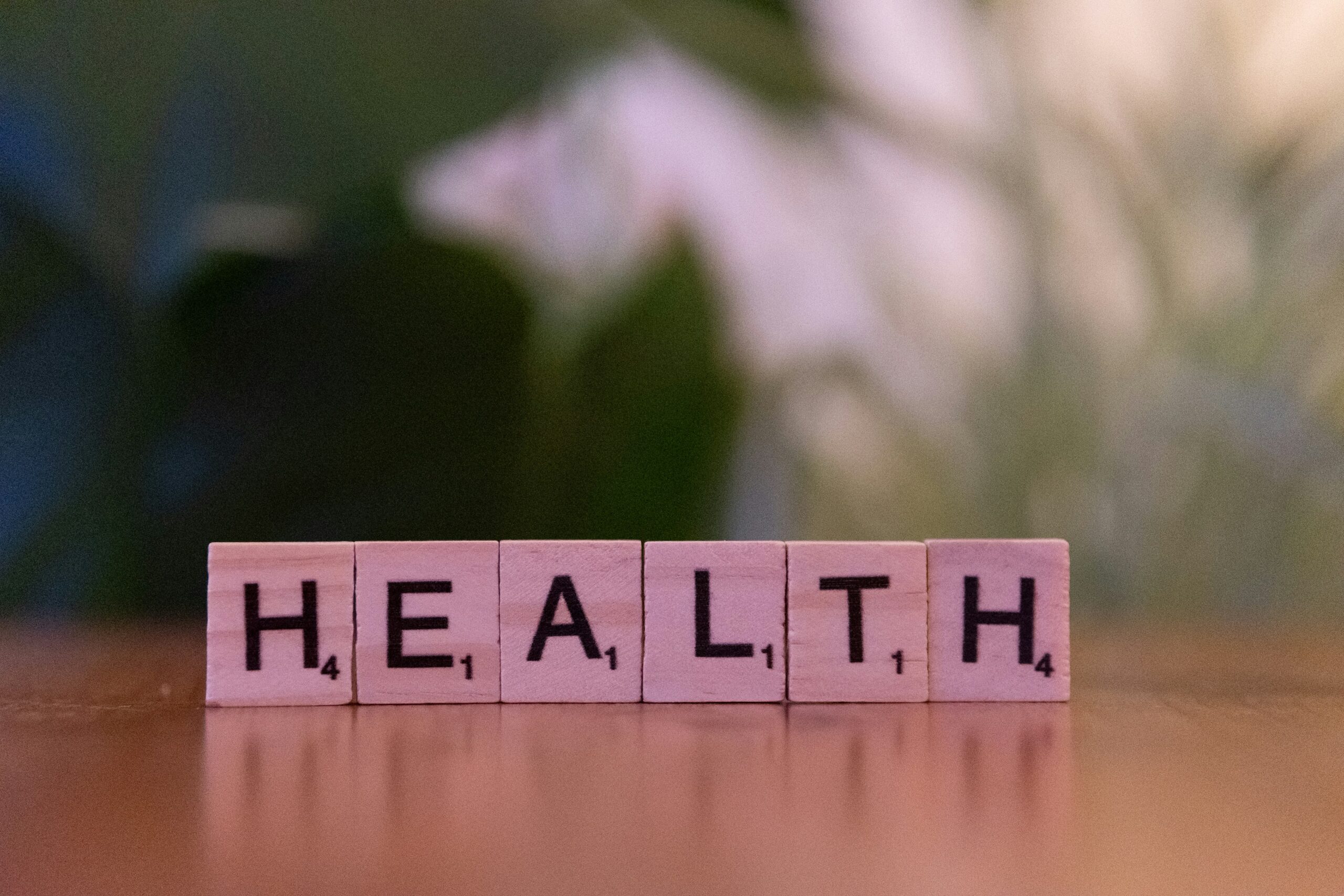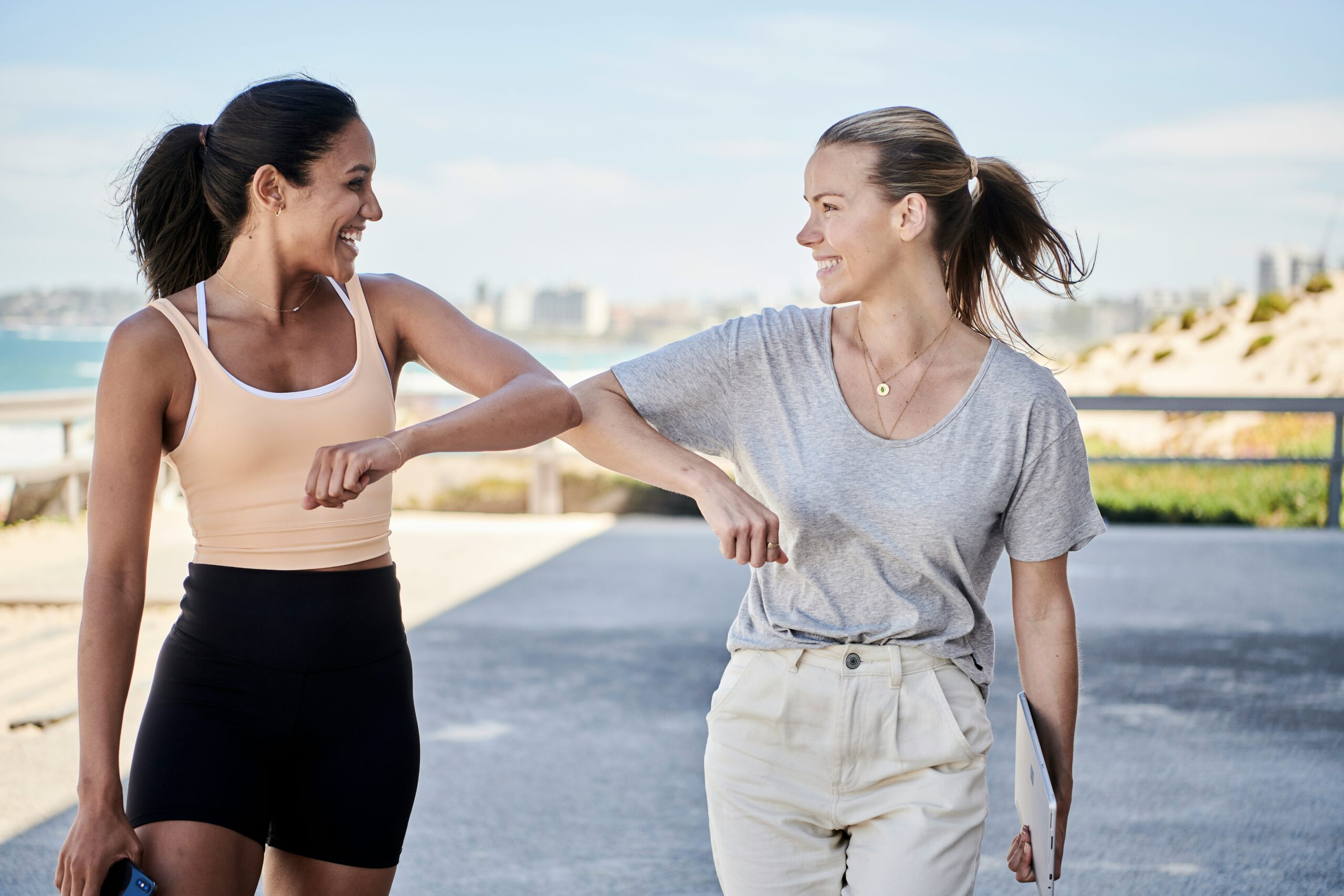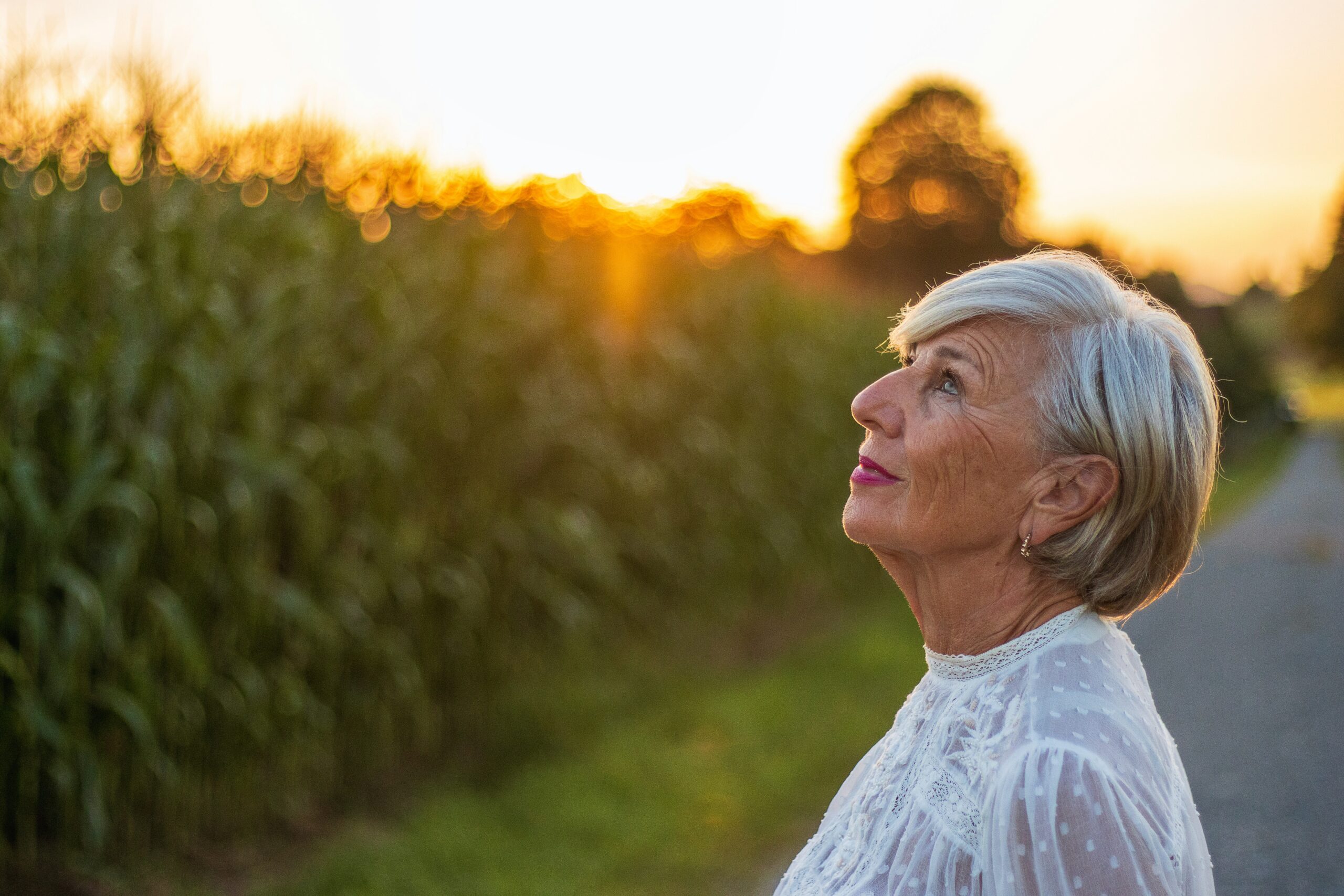Health Risk: 5 Everyday Habits That Are Silently Aging Your Skin
Introduction
In the pursuit of toughness, power, and radiant proper-being, we frequently cognizance on food plan, exercise, and mental well-being. Yet, one of the maximum visible signs of our universal health—our skin—may be undermined through habits so diffused, so recurring, that we slightly wear their toll. While time necessarily leaves its mark, the truth is that many of us are accelerating the ageing process of our skin through normal behaviors we’ve normalized. These reputedly innocent exercises are silently eroding our pores and skin’s elasticity, readability, and youthful glow.
Skin growing old isn’t just a beauty challenge—it’s a mirrored image of our inner fitness. The condition of your pores and skin mirrors your lifestyle, your environmental exposures, and your lengthy-time period health choices. And while we talk about “fitness” in its truest experience, it’s now not simply the absence of illness, but a kingdom of entire physical, mental, and emotional well-being. Your skin, as the body’s largest organ, plays an important role in this stability. It protects, regulates temperature, and even communicates pressure and nutrient deficiencies.
So, in case you’re wondering why great lines are acting earlier than expected, or why your complexion lacks its former radiance, the answer can also lie no longer in your skin care products, but in your daily behavior. Let’s explore five common workouts that can silently age your pores and skin and compromise your basic fitness.
Table of Contents
1. Chronic Dehydration: The Silent Skin Saboteur
Water is the essence of life – and the foundation of healthy skin. Still, millions of people turn into a dehydration of the old, lower grains, how much it affects their appearance and well-being. When you do not drink enough water, your skin loses its thickness and elasticity. Result? Slow, increase the visibility of fine lines, and compromise the skin barrier. The outer layer of the skin, the stratum corneum, depends on adequate hydration to maintain its function as a protective shield.
Without enough water, this layer is crispy, making your skin more vulnerable to environmental aggresses such as pollution and UV radiation. Dehydration also disrupts the ability to heal itself, slows cell turnover, and leads to the formation of dead skin cells – another contributor to a tired, older appearance. But the implications are out of beauty.
Dehydration affects your entire body: it reduces cognitive performance, affects kidney function, and stresses the cardiovascular system. When your organs don’t work properly, your skin reflects the inner imbalance. To turn this silent damage, hydration as a non-parasitic column in your full-fledged. Climate adjustment, activity level, and personal requirements, dimensions for at least 2 to 3 liters of water. Include foods that are rich in water, such as cucumbers, watermelons, and oranges, in your diet. And remember: Drink like coffee and alcohol can contribute to the loss of fluid, so balance them with extra water. Hydration is not a rapid improvement – this is a lifetime engagement for health that starts from the inside and radiates beyond.
2. Sleep Deprivation: The Invisible Aggressor
You’ve heard it before: “Beauty Sleep” isn’t a myth – it’s science. Still, our hyper-coupled, always in the world, quality sleep has become a luxury rather than a priority. Lack of sleep does not just leave you; It actively accelerates the aging of the skin.
During deep sleep, your body enters repair mode. Development hormones are released, collagen production increases, and damaged cells are replaced. This night, restoration is necessary to maintain skin thickness, flexibility, and tone. When you fall asleep, these regenerative processes are interrupted. Studies show that poor sleepers show signs of slow recovery from environmental tension, such as internal skin aging, low skin blocking function, and UV exposure.
In addition, the lack of sleep increases cortisol, a stress hormone. High cortisol levels break collagen and elastin, the skin’s connective tissue, and the protein responsible for staying soft. Over time, it leads to dysfunction, wrinkles, and a different texture. Dark circles and puffiness under the eyes are also signs of sleep debt, making you look older than you do.
But sleep is more than a beauty help – this is the cornerstone of health. Communally, restorative sleep supports immune function, emotional regulation, and metabolic balance. It reduces the risk of chronic diseases such as diabetes, heart disease, and depression. When you prioritize sleep, you not only protect your skin – you protect the whole system.
To retrieve your comfort: Install a smooth sleep, limit screen exposure before bed, and make a cool night ritual. Your skin – and your health – will be grateful.
3. Excessive Sun Exposure Without Protection
Sunlight is essential for diet D synthesis, temperature regulation, and circadian rhythm. But unprotected exposure to ultraviolet (UV) radiation is the number one cause of untimely pores and skin getting old—accounting for as much as 90% of seen pores and skin changes historically attributed to growing older.
UVA rays penetrate deep into the dermis, unfavourable collagen and elastin fibers, at the same time as UVB rays purpose surface-level burns and DNA damage. This cumulative photoaging leads to wrinkles, age spots, lack of firmness, and an increased risk of pores and skin cancer. Unlike chronological growing older, which takes place step by step, photoaging could make your pores and skin seem decades older than it ought to.
What’s alarming is how regularly we disclose ourselves to the sun without protection—whether or not during a brief stroll to the car, sitting by a window, or working out outdoors. Many people apply sunscreen only at the seaside, now not realizing that daily, incidental exposure adds up over time.
But sun protection isn’t just about slathering on SPF. True skin health calls for a holistic approach: carrying extensive-brimmed hats, in search of colour all through top hours (10 a.m. to 4 p.m.), and wearing UV-protecting clothing. And don’t forget your lips, neck, and arms—regions regularly omitted, however distinctly at risk of solar harm.
Choosing a large-spectrum sunscreen with SPF 30 or better and reapplying every two hours (or after sweating or swimming) is a small act with massive, lengthy-time period benefits. It’s no longer arrogance—it’s a benefit to your health, reducing the pore and skin growing old, and the threat of melanoma.
4. Poor Diet and Sugar Overload
You are what you eat – and your skin is no exception. A high diet in processed foods, refined sugar, and unhealthy fat not only affects the waist; It accelerates the aging of the skin through a process called glycation.
When using excess sugar, glucose molecules are connected with proteins such as collagen and elastin, which are known as advanced glycation end products (AGE). This age makes protein hard and relaxed, causing loss of skin elasticity and the formation of wrinkles. Think about this, that your skin slowly carries carimization from the inside to the outside.
In addition, a nutrient-poor diet deprives your skin of antioxidants, vitamins, and essential fatty acids. For example, vitamin C is important for collagen synthesis. Omega-3 fatty acids reduce inflammation and support skin barriers. Without them, your skin becomes more prone to dryness, redness, and premature aging.
On the other hand, full food provides rich in food – aspects building blocks for flexible skin – aspect green, berries, nuts, oily fish, and colorful vegetables. These foods are packed with antioxidants that neutralize free radicals, reduce oxidative stress and support cellular repair.
But it’s not just about avoiding sugar. It’s all about embracing a lifestyle. When you eat for your health, you not only feed your body – you provide fuel to your skin, revived, safety, and a shining ability.
5. Neglecting Stress Management
Stress is an indispensable part of life, but when it gets old, it takes a heavy toll on your skin – and your overall health. Mind-skin connection is powerful. When you are stressed, your body issues cortisol and other inflammatory hormones that interfere with the balance of your skin.
High cortisol levels increase oil production and cause pimples. They also destroy skin barriers, making it more prone to irritation, sensitivity, and infection. Chronic stress is related to conditions such as eczema, psoriasis, and rosacea – all of which can make the skin look old and less healthy.
But beyond these visual effects, stressed ransom aging increases. Research suggests that chronic stress reduces telomeres – the protective cap at the ends of chromosomes. Small telomeres are associated with cell-level aging, which affects not only the skin but also all organs in the body.
Good news? You can deliberately reduce this damage through stress management. Practices such as mindfulness meditation, deep breathing, yoga, and regular physical activity have been shown to reduce cortisol levels and improve skin health. Even simple tasks – like going into nature, jogging, or spending time with loved ones – can restore balance.
When you manage stress, you don’t just calm your thoughts; You protect the youth and vitality of your skin.
Conclusion: Health Is the Ultimate Anti-Aging Secret
Young skin discovery often leads us to expensive creams, serums, and treatment of treatments. But the most powerful anti-aging tool is not found in a bottle-it is built into your daily options. Genuine skin health begins with general health.
The five habits we have discovered – dehydration, sleep deprivation, sunlight, poor diet, and unnecessary stress – are not isolated problems. They are paired with your lifestyle clothes. When someone is out of balance, others often follow. But when you address them with intentions and stability, you create a wave effect of welfare that replaces your skin from the outside.
Remember: Your skin is not just a surface. It is a living, breathable organ that responds to how to treat your body and mind. Each glass of water, sleep every hour, every moment of mindfulness – it adds all this.
Therefore, rather than chasing rapid reforms, it is committed to permanent health. Because the most bright, age-defined skin is not achieved through hiding, but through care. It’s not about looking young – it’s about being healthy. And when you prioritize health, your skin does not just look good again in many years – it thrives through them.
Let your daily habits boost your confidence. Allow yourself to start the skin care routine before you come for a cleanser – when you are not looking at anyone, with the options you have made. This is the place where real beauty begins. This health will be your greatest legacy.
1. How does sun exposure without sunscreen accelerate skin aging?
Daily sun exposure without protection leads to UV damage, breaking down collagen and elastin—key proteins that keep skin firm and smooth. This results in wrinkles, dark spots, and a leathery texture over time, even on cloudy days.
2. Can lack of sleep really affect my skin’s appearance?
Yes. Chronic poor sleep reduces skin repair and regeneration, leading to dullness, fine lines, and increased puffiness or dark circles under the eyes. During deep sleep, your body produces collagen, so skimping on rest speeds up visible aging.
3. Why is sleeping with makeup on bad for skin aging?
Leaving makeup on clogs pores and triggers inflammation, which can break down collagen. It also prevents the skin from breathing and renewing overnight, accelerating signs of aging like uneven texture and breakouts.
